Rational Emotive Behavior Therapy (REBT) is used by many treatment centers and mental health professionals across the world. It has been an essential form of cognitive behavior therapy since the 1950s, helping people learn to change their behavior and learn new patterns when coping with setbacks and problems in their life.
REBT was first created as a “philosophy of living” but soon made its way into the mental health world as a new approach to therapy. Simply stated, the philosophy works to help us understand that our beliefs, not outside forces, cause us negative emotions such as depression, anger, or anxiety. The therapy helps people change irrational beliefs that may cause them to remain unhappy. REBT can help people with mental health disorders as well as those in recovery from addiction.
How Does REBT Work?
Ellis’ theory is that people usually blame the way they feel when something happens in life. For example, you may blame your spouse for “making you anxious” when he or she is running late. Ellis’s theory says that your anxiety is an interpretation of a situation. You may feel like your partner doesn’t care about you when you’re running late, or that people will think you’re irresponsible when you show up to a gathering late.
The ABC’s of REBT
To understand how it works, Ellis invented the ABCs of REBT. The ABC’s show how we jump from an event to our feelings and reactions.
- A stands for Activating Event: Something happens, such as your best friend accusing you of ignoring her calls
- B stands for Beliefs: Your belief about the event, such as you believe your best friend is selfish and wants you to shirk your family responsibilities every time she calls. You have kids now, after all!
- C stands for Consequence: Your emotional response to this belief, when you get angry and tell your friend she is selfish for expecting you to drop everything to help her with her troubles with her boyfriend.
As you can see, it’s your belief that makes you angry, not your friend. Your friend may not even realize that you’re overwhelmed at home and work, but when you yell at her, she may stop calling you altogether because she’s hurt. Outbursts and blaming can damage meaningful relationships.
Understanding Irrational Thinking Using REBT
To get past these behaviors, you must come to learn the “3 Musts” that most people tell themselves. The 3 Musts are things that most people believe but make no rational sense.
- I must always do well so I can win other’s approval. (You may believe this, even though your loved ones love you no matter what! Yet you’ll think you need to be better at things than others or “keep up with the Joneses” to keep being loved. These beliefs are a recipe for anxiety, shame, or self-hatred.)
- Other people should treat me in the exact way I want to be treated. If they don’t, they don’t love me, and they are not good people; they deserve bad things to happen to them. (You may believe this, even if all a person has done “wrong” is cut you off in traffic or hasn’t noticed you got a new haircut. These thoughts are a recipe for angry outbursts, and even manipulation or abuse.)
- I always deserve to get what I want when I want it. If I don’t get what I want, I’ll be downright miserable. (You may believe this, which is a natural prescription for failure. These beliefs are an easy way for a person to give up on doing things “the right way” and choose to try and take shortcuts or give up on goals completely. Nobody gets what they want, when they want it, all the time. And yet millions of people aren’t miserable and make the best of the life they have.)
As you can see, these are the types of thoughts and behaviors that can be faced and challenged.
Challenging Irrational Thoughts
REBT therapy helps you discover irrational thoughts and realize they are often roadblocks to success and healing. Unrealistic expectations of yourself and others can be a barrier to growth. By challenging these thoughts, and changing your thinking, you’ll find more acceptance and better ways to respond.
With more positive thoughts and behaviors comes more serenity in life. You’ll be able to make more decisions based on logic rather than hurt feelings, and continue to grow and be more positive in general.
Getting Help
REBT can help you learn to challenge these beliefs and emotions and continue to grow and change in recovery. No one is perfect, and no one has perfect thoughts. But by actively working towards improving your thoughts and recognizing adverse reactions, you can live a more fulfilling life.
At The Livingood Center, we want to help you live your best life. Everyone can learn new life tools and make positive changes. We offer many different types of therapy to our clients to help them live happier and more fulfilling lives. Want to learn more? Call us at 949-245-9812. All calls are 100% confidential.




